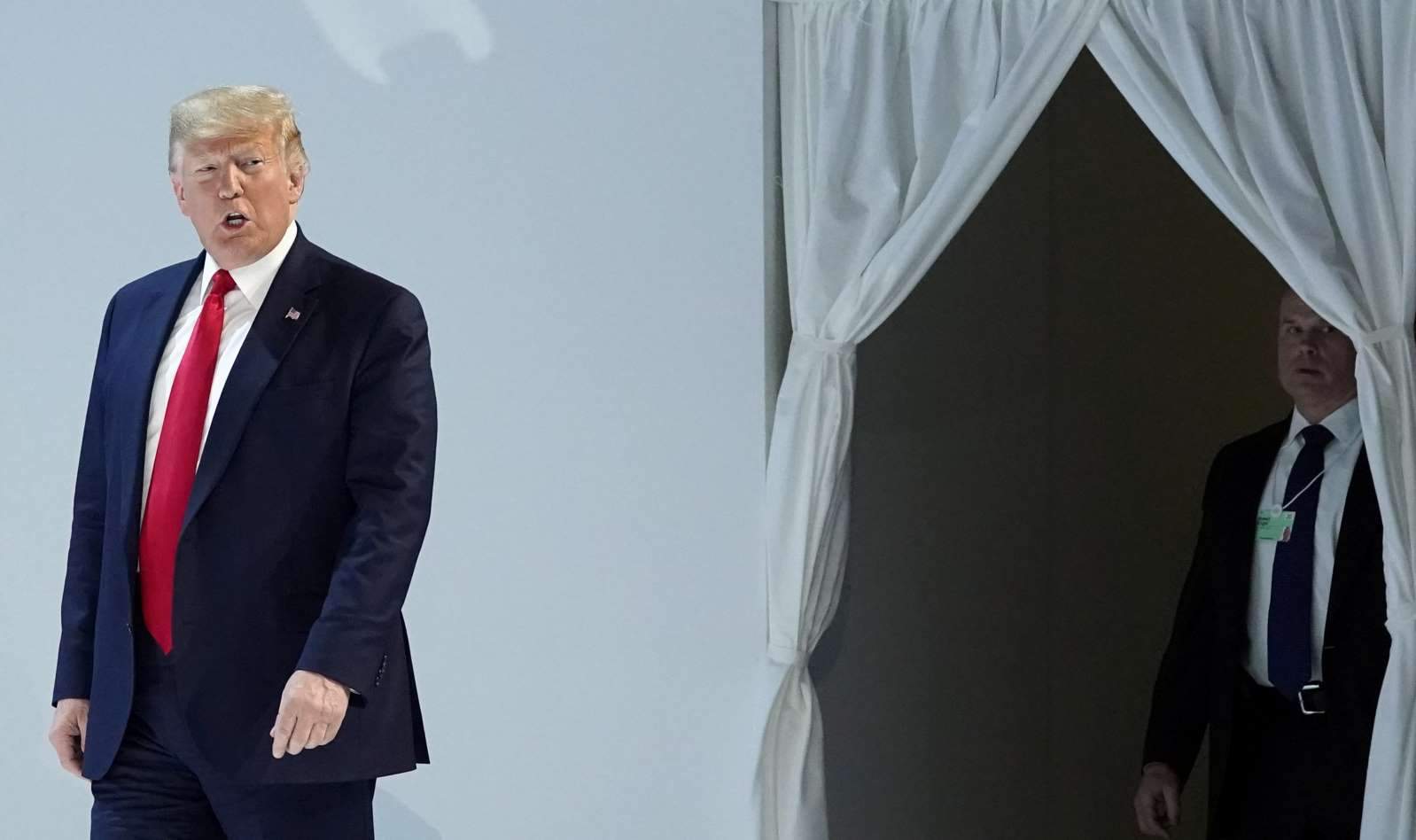Iran MP offers reward for killing Trump, U.S. calls it 'ridiculous'.

An Iranian lawmaker offered a $3 million reward to anyone who killed U.S. President Donald Trump and said Iran could avoid threats if it had nuclear arms, ISNA news agency reported on Tuesday amid Tehran's latest standoff with Washington.
U.S. disarmament ambassador Robert Wood dismissed the reward as "ridiculous", telling reporters in Geneva it showed the "terrorist underpinnings" of Iran's establishment.
Tensions have escalated since Trump in 2018 pulled the United States out of a multilateral 2015 agreement meant to contain Iran's nuclear programme, saying it was flawed, then reimposed heavy U.S. sanctions on Tehran. The standoff erupted into tit-for-tat military strikes earlier this month.
"On behalf of the people of Kerman province, we will pay a $3 million reward in cash to whoever kills Trump," lawmaker Ahmad Hamzeh told the 290-seat parliament, ISNA reported.
He did not say if the reward had any official backing from Iran's clerical rulers.
The city of Kerman, in the province south of the capital, is the hometown of Qassem Soleimani, a prominent Iranian general whose killing in a drone strike ordered by Trump on Jan. 3 in Baghdad prompted Iran to fire missiles at U.S. targets in Iraq.
"If we had nuclear weapons today, we would be protected from threats ... We should put the production of long-range missiles capable of carrying unconventional warheads on our agenda. This is our natural right," Hamzeh was quoted as saying by ISNA.
The United States and it Western allies have long accused Iran of seeking nuclear weapons. Tehran insists it has never sought nuclear arms and never will, saying its nuclear work is for research and to master the process to generate electricity.
The 2015 nuclear accord overall was designed to increase the time Iran would need to obtain enough fissile material for a nuclear bomb. Parties to the deal believed, at the time, Iran could produce enough material in 2-3 months if it wanted.
Under the deal, known as the JCPOA, Iran received relief from sanctions in return for curbing its nuclear activities. In response to the U.S. withdrawal and pressure from U.S. sanctions, Iran has rolled back its commitments to the deal.
This month, Iran announced it was scrapping all limits on its uranium enrichment work, potentially shortening the so-called "breakout time" needed to build a nuclear weapon.
Iran on Tuesday repeated its position that its steps to reduce compliance could be reversed.
“Iran has said steps taken in full conformity with JCPOA will be reversible should other JCPOA participants take meaningful decisions to live up to their commitment,” Iran’s ambassador to the United Nations in Geneva, Esmaeil Baghaei Hamaneh, told the U.N.-backed disarmament conference on Tuesday.
Reports issued by the U.N. nuclear watchdog have suggested Tehran is still far from sprinting ahead with uranium enrichment.
After Iran's latest step, Britain, France and Germany triggered a dispute mechanism in the nuclear pact, starting a diplomatic process that could lead to reimposing global, U.N. sanctions that were lifted under the JCPOA.
Iran said on Monday it would pull out of the 1970 Non-Proliferation Treaty (NPT), which commits all signatories seeking nuclear energy to use it only for peaceful purposes, if United Nations sanctions were reinstated.
Wood, the U.S. disarmament envoy, said the Iranian threat to quit the NPT, the foundation of global nuclear arms control since the Cold War, would send a "very, very negative message".
(Additional reporting by Emma Farge and Stephanie Nebehay in Geneva; Writing by Parisa Hafezi; Editing by Mark Heinrich)
Photo: © REUTERS/Denis Balibouse U.S. President Donald Trump arrives to deliver a speech at the 50th World Economic Forum (WEF) annual meeting in Davos, Switzerland, January 21, 2020.











